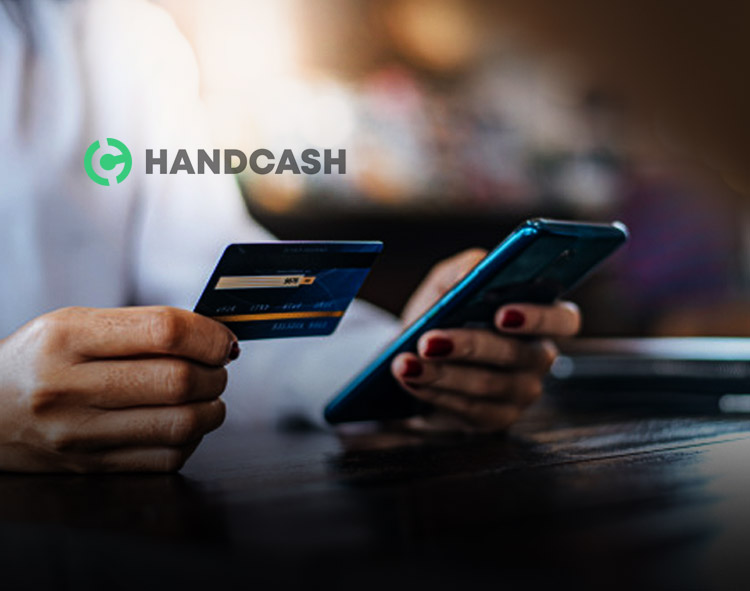HandCash recently announced that in conjunction with Money Button, it was undertaking a series of initiatives to make Bitcoin (BSV) function in a truly peer-to-peer fashion just as intended by its designer, Dr. Craig Steven Wright – AKA Satoshi Nakamoto.
Today, HandCash announces that together with Anypay they have successfully implemented the famous BIP270 protocol: a peer-to-peer (or customer-to-merchant in this case) payments communication standard. It provides both online and retail merchants with safer, faster and more efficient checkouts.
While P2P Paymail effectively acts as a push transaction protocol, P2P Checkouts is a full BIP270 implementation where transaction structure negotiation is possible. In addition, payment related data is exchanged, like for example, invoice information.
This makes it possible for non-custodial wallets and merchants like Anypay to earn Bitcoin (BSV) without ever holding their customers’ money, and saving them money and bureaucracy in money transmitter and custodial licenses.
Plus, they no longer need to run a full node to monitor the whole blockchain – wallets like HandCash will send the transaction directly to them and they just need to verify it. It’s a huge win in efficiency and operational costs.
Read More: Healthfully and Paya Deliver Expanded Patient Care and Payments Through New Partnership
Key benefits
- Payments that do not comply with the merchant’s requirements can be rejected before being broadcasted to the miner layer.
- The ability to set prices in fiat currencies, so the calculation with the current exchange rate is done every time.
- Improvements in user experience and reduced support tickets as the new format does not allow for wallets to send the wrong kind of token.
- There is no nothing new to learn from the user’s perspective as it will still work for QR code payments, deep links, NFC and mostly any other format.
- Compatibility with Miner ID and Merchant API. This allows payment processors to get the lowest fee rates for each checkout, while improving reliability by making sure the payment will be processed by miners.
- Its ability to pay to multiple recipients (other companies, individuals and organizations) in just one invoice brings unlimited creativity for designing new types of payments.
- Merchants can include a signed receipt ID inside the transaction.
- These checkout payments can be tokenized, for traceability and transparency reasons, for platforms like TrueReviews where it can help keeping with the integrity of the information submitted.
These improvements will require updating HandCash and Anypay apps, but websites already using Anypay for checkouts won’t need to do anything.
